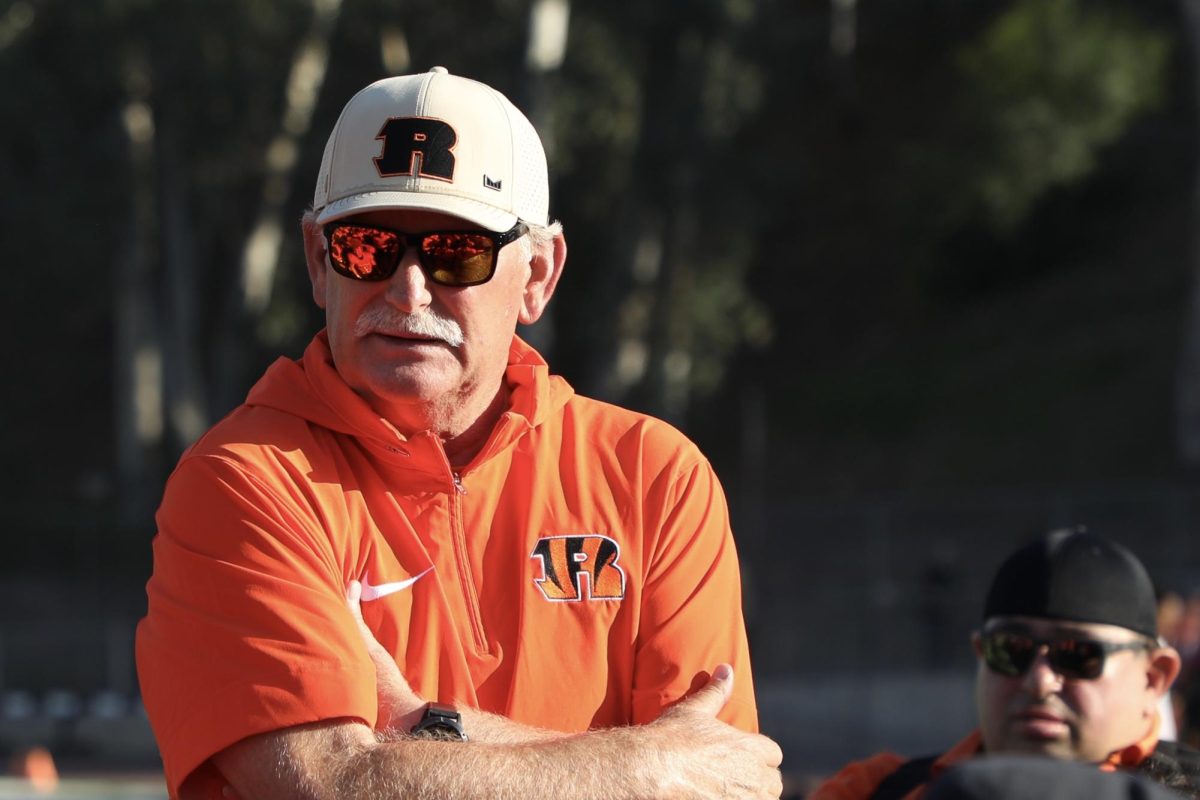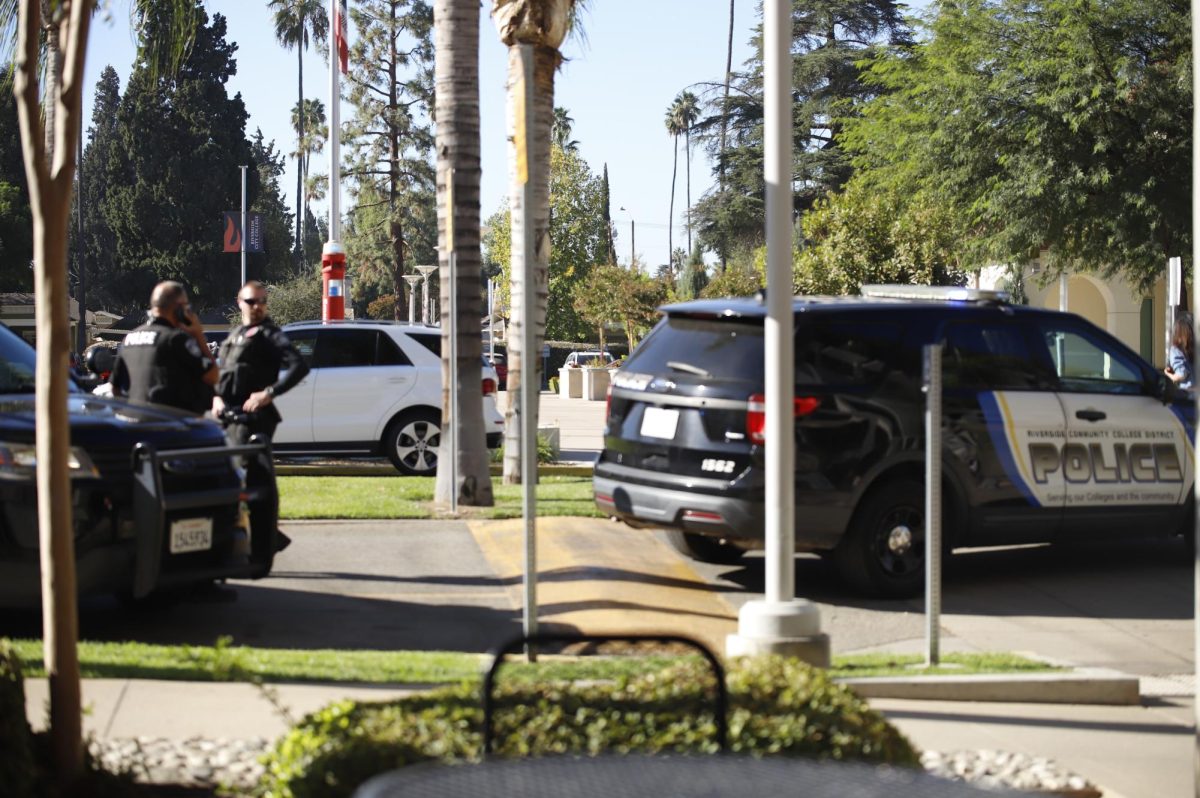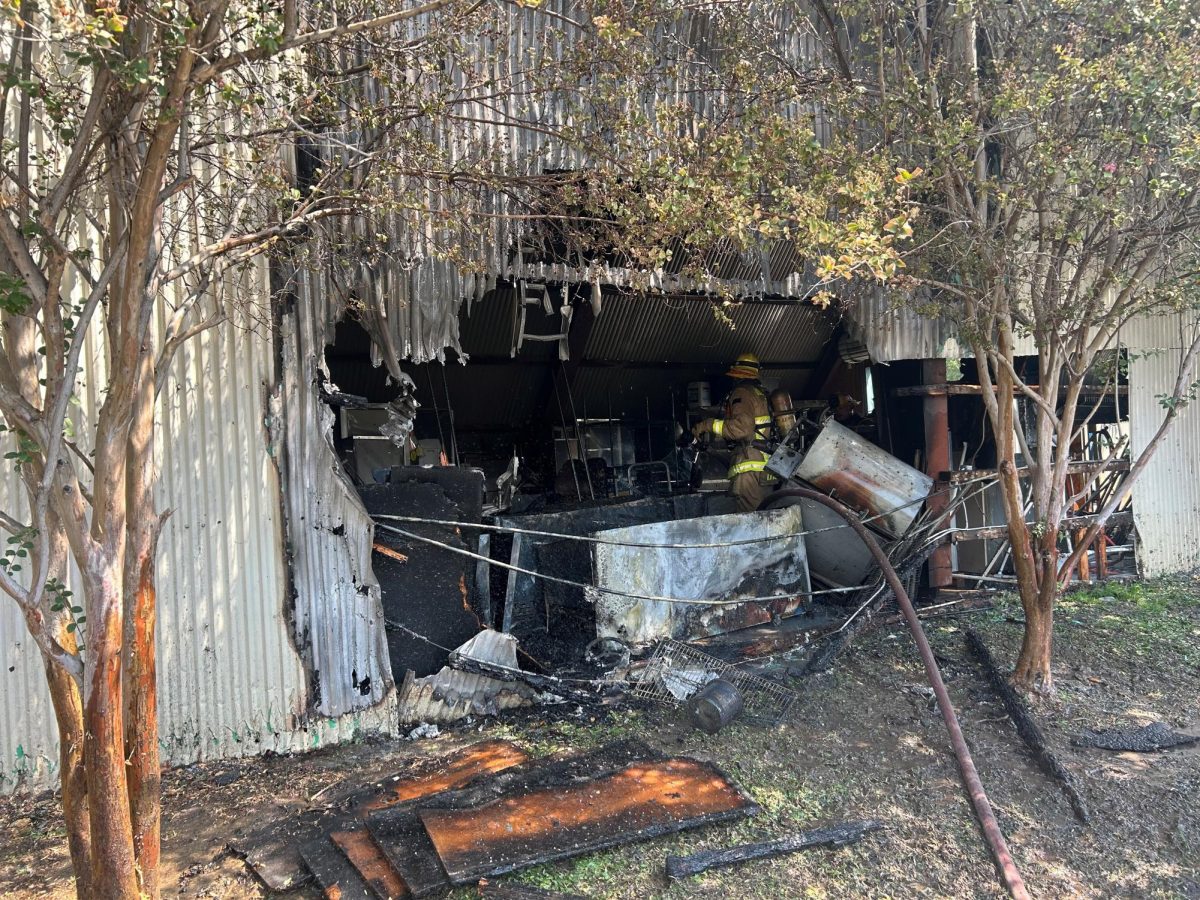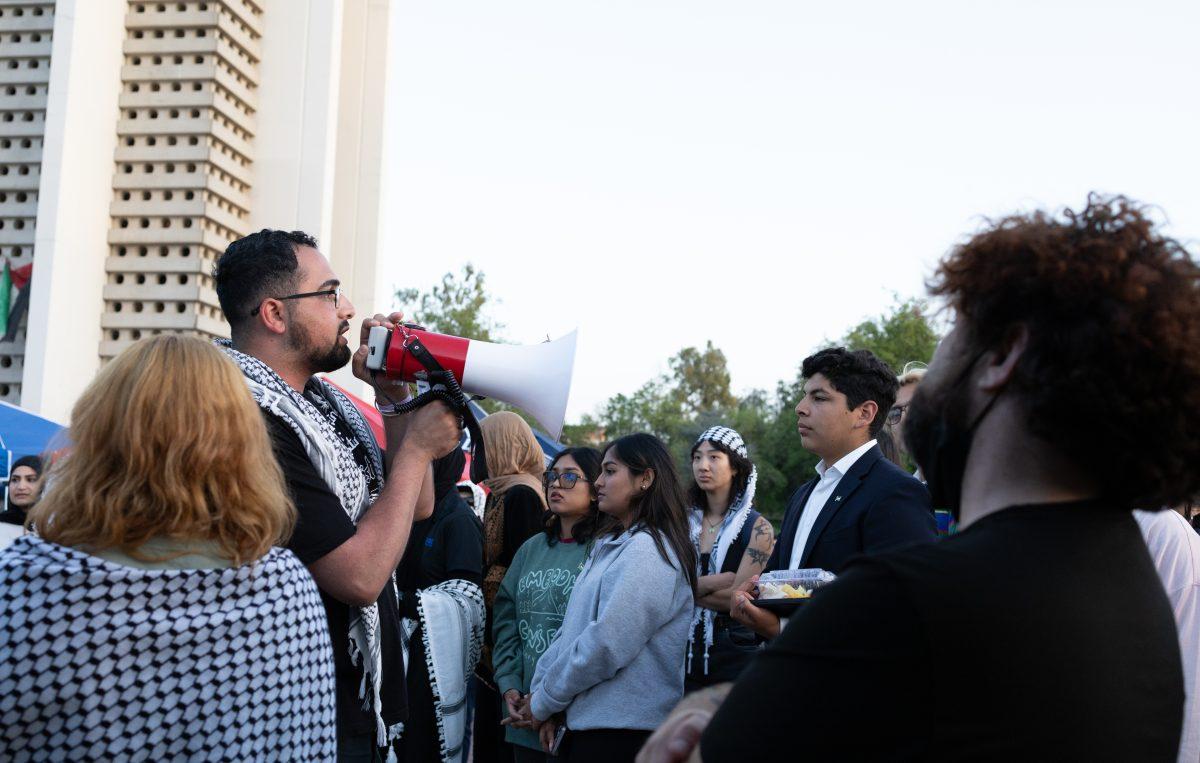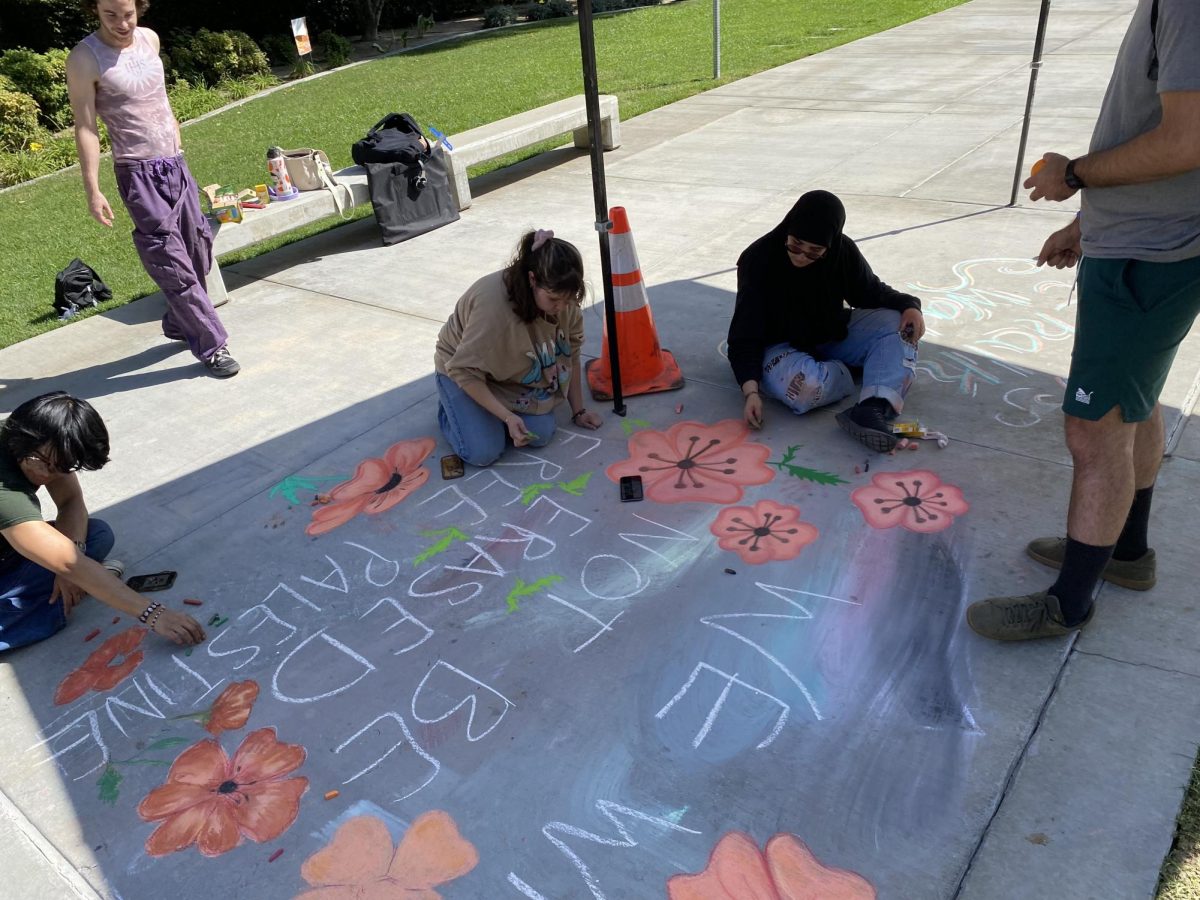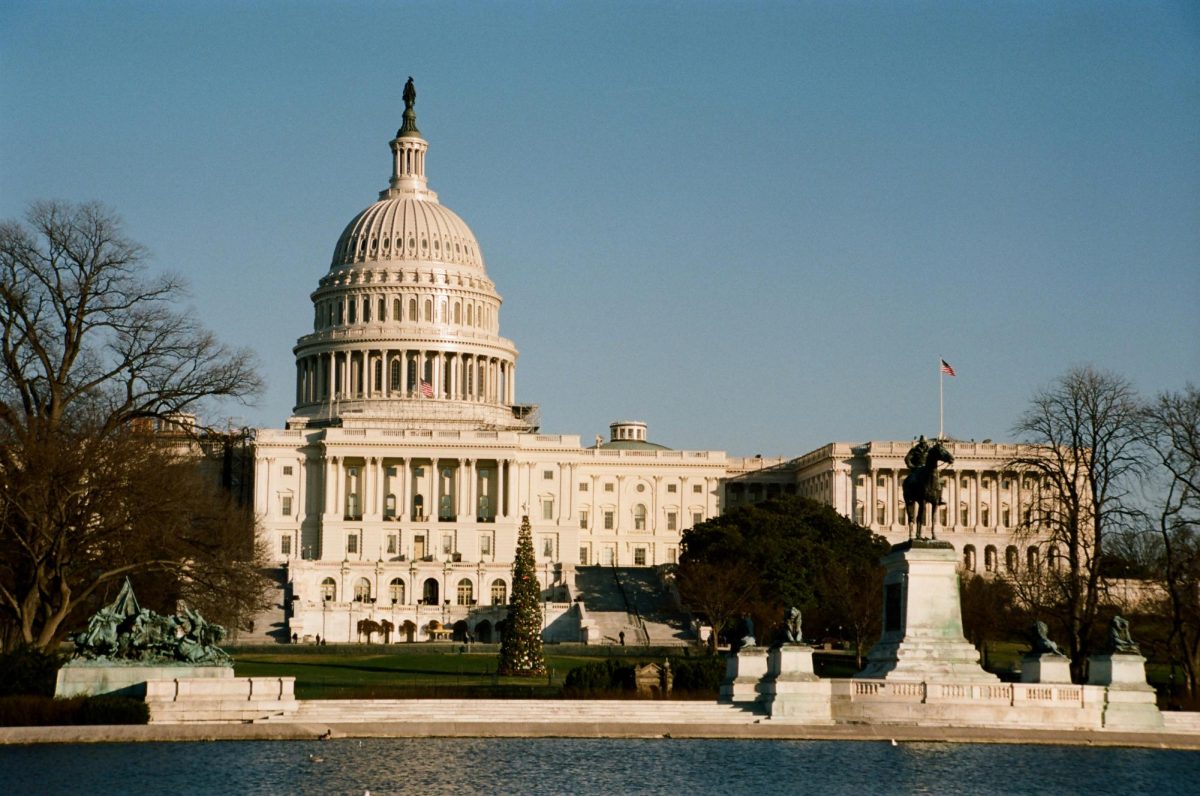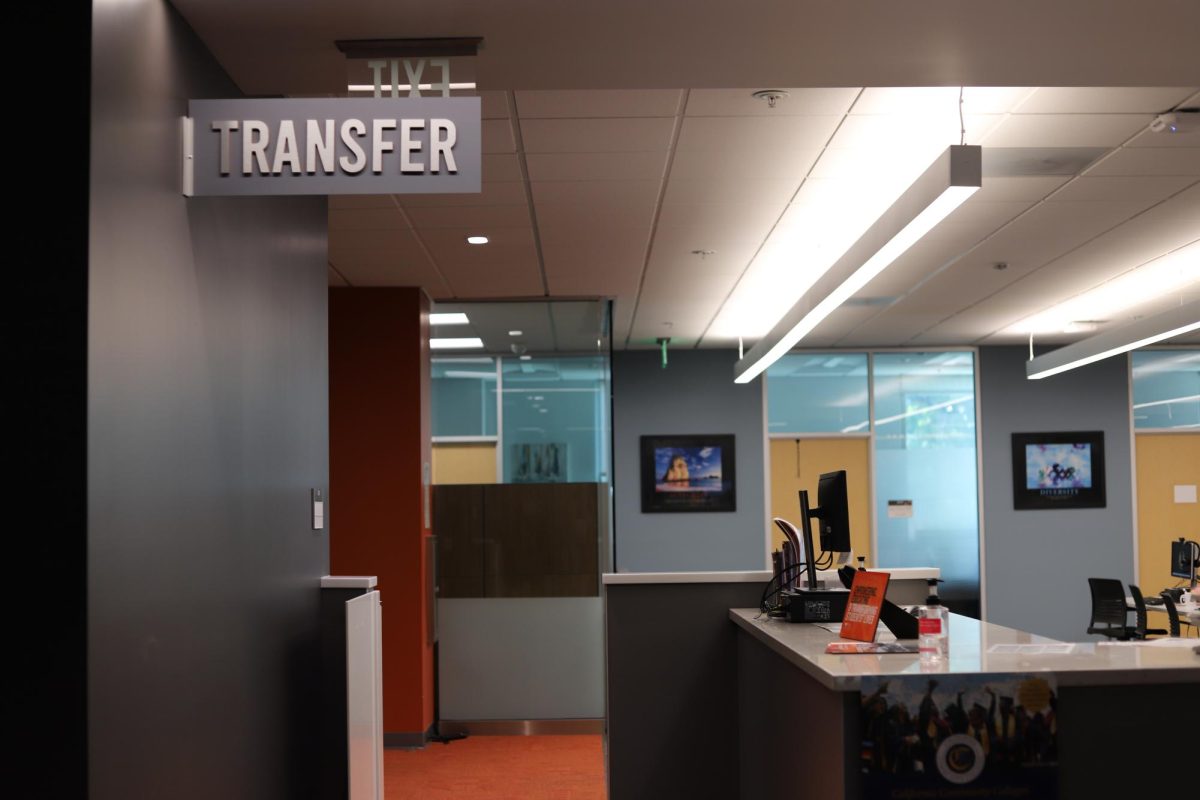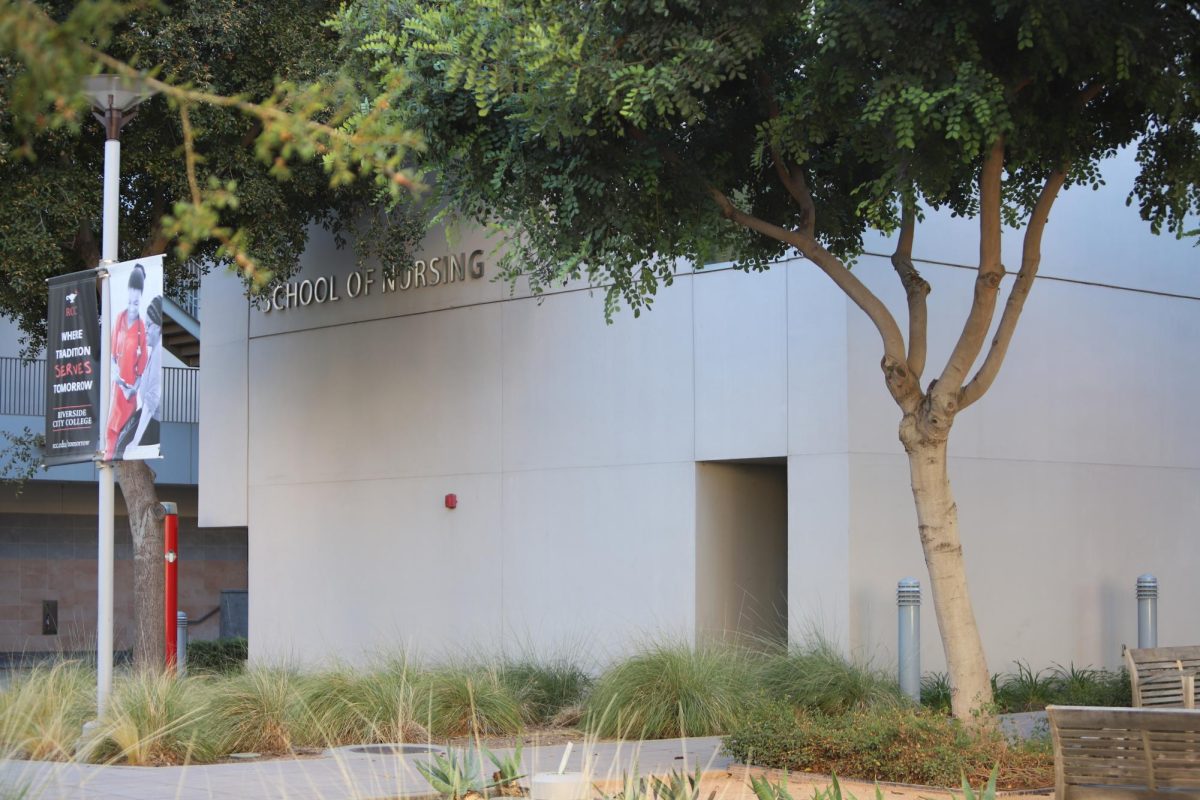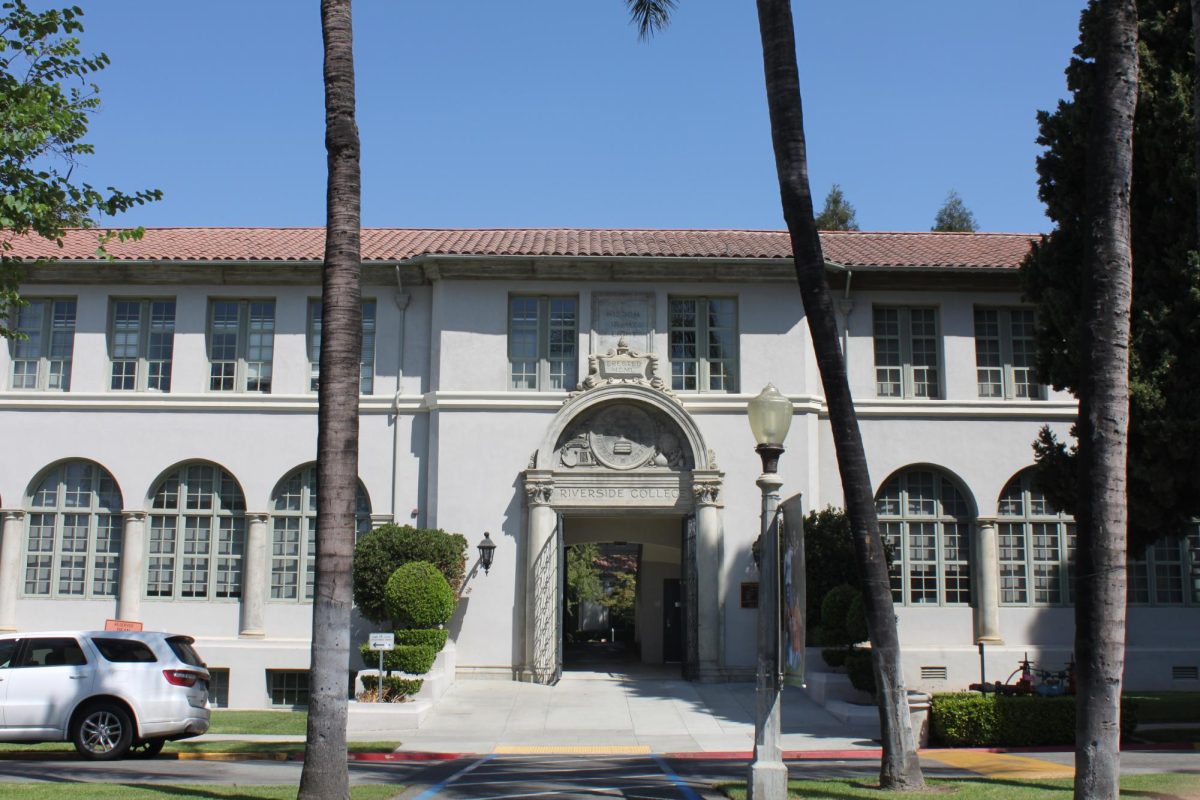By Erik Galicia
With the Riverside Community College District seemingly stuck in limbo due to sudden COVID-19 regulations, last night’s special session of the Board of Trustees presented the district’s plans to handle the pandemic.
“We have been very carefully monitoring the guidelines from the CDC on a daily basis,” said Chancellor Wolde-Ab Isaac. “We place safety as number one.”
A RAVE message on March 15 announced that all three campuses are closed to students and instructors up until April 3 at the earliest. All classes that were originally online will continue as scheduled, but face-to-face lecture classes are suspended until they are launched online on March 23.
The new regulations are in accordance with Riverside County Public Health Officer Cameron Kaiser’s order for all schools in Riverside County to close by March 16 in an attempt to slow the spread of the coronavirus.
According to Isaac, lab classes are not allowed by the public health order and are suspended indefinitely. The district is considering rescheduling lab courses to the summer.
Isaac assured attendees that the district’s objective is not to end instruction, rather to ensure a smooth transition to online instruction.
“We are racing against time to complete and prepare every faculty member to be able to have the capacity to be online,” Isaac said.
The district has created three task forces to deal with communication, impacts on personnel and the strategy for the online transition.
According to a report by Sheila Pisa, interim dean of distance education, 352 faculty members districtwide were still untrained in Canvas as of March 14.
The upcoming week’s suspension of all on-campus instruction is meant to give instructors the time they need to train for online instruction without the worry of fulfilling their usual duties.
“What we’ve provided so far are Canvas shells with enrolled students for all RCCD courses,” Pisa said. “They are waiting, in some cases, for faculty to be trained.”
Upon completion of training, instructors will receive their own Canvas course template to add material to.
The district has also purchased new software that allows instructors to create instructional videos for Canvas. There is also a new text messaging application that will allow direct contact between faculty and students as well as group texts between students.
Modules have been added to aid instructors in getting started on the Zoom video conferencing application and to train students in the basics of online instruction, such as submitting assignments.
Today, the district is expected to identify which classified staff will be deemed essential to the campuses. Staff were told not to report to work on March 16 and that essential workers would be called in once those positions were determined.
The administration urged that students and faculty turn the clutter feature off in their emails to ensure that they get all district messages.
“We’re working to ensure that all employees and staff receive these messages,” said Rebecca Goldware, vice chancellor of institutional advancement and economic development. “If you have opted out of RCCD-All at this moment in time, send me an email. I will make sure that you are added.”
Isaac assured that food pantry and shower services for homeless and food challenged students will remain functional through the campus closures. The chancellor said conversations about disadvantaged students are at the center of discussions.
“We must see how many students don’t have access to a computer,” he said. “We are not interested in leaving anyone behind.”
Dariush Haghighat, vice president of the RCC Faculty Association, urged patience with the district’s communications, as the nature of the COVID-19 situation is rapidly changing and requires the administration to adapt accordingly.
“Come Monday, this conversation might be completely obsolete,” Haghighat said.


